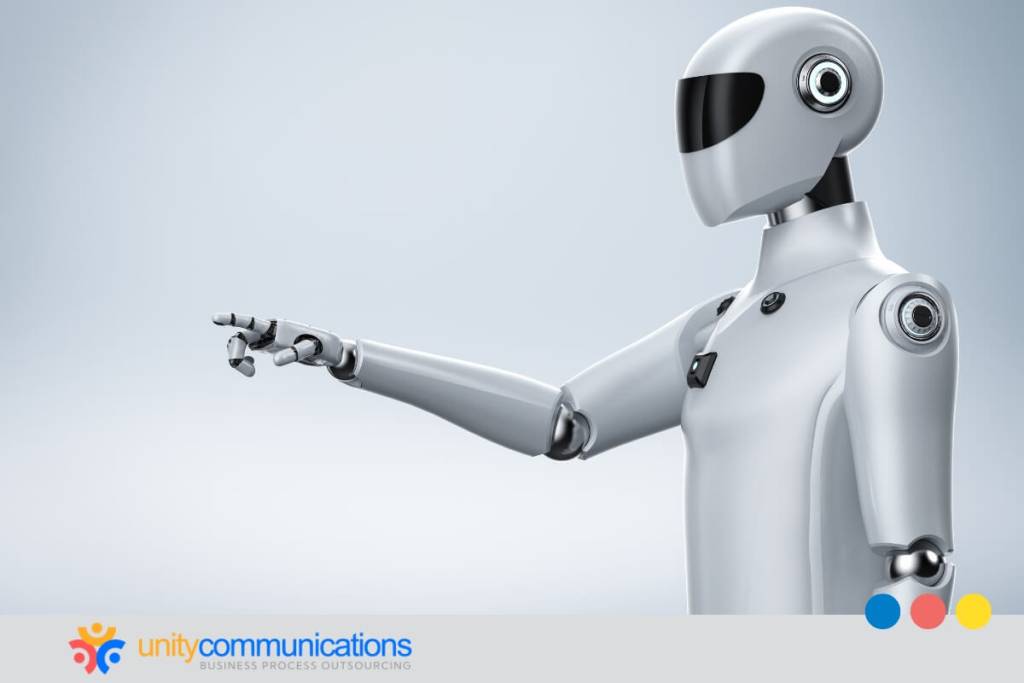Shaadi.com founder Anupam Mittal has raised concerns about the growing dependence on generative artificial intelligence (AI) tools such as ChatGPT for idea generation and decision-making. In a LinkedIn post, he cautioned managers and startup founders against replacing their instincts, judgment, and originality with AI-generated content, saying, “Outsourcing judgment isn’t leadership.”
Mittal’s comments come amid an industry-wide debate on AI’s role in shaping innovation, creativity, and leadership strategies.
AI can “fake intelligence” but not courage
Mittal shared his conversation with a founder who proudly admitted to getting all his ideas from ChatGPT. “He thought it was a flex,” Mittal said. “I saw a red flag.”
Gen AI mostly recycles existing knowledge. For instance, an AI-written email from a senior leader might sound impressive but lack real substance. “It sounds brilliant: smooth, confident, articulate, but too often it’s just platitudes and polite sycophancy,” he noted.
The CEO shared similar observations on decks, pitches, and strategy notes created entirely by AI models: polished on the surface but empty underneath.
Although AI can deliver speed and structure, Mittal stressed that authentic leadership offers original thinking, contrarian perspectives, and the courage to make uncomfortable decisions. “AI can fake intelligence,” he said. “It can’t fake courage or an original point of view.”
AI reduces diversity of ideas, studies show
Supporting Mittal’s concerns, a “Nature Human Behaviour” study revealed that participants using ChatGPT for brainstorming produced strikingly similar ideas, while human-only participants generated more diverse and unique solutions.
The researchers warned that while AI tools can enhance individual creativity, they also reduce the diversity of ideas within a group—a critical factor for effective problem-solving and innovation.
Similarly, a recent MIT Media Lab study found that students who relied heavily on ChatGPT showed lower brain engagement and weaker critical thinking skills. Their essays lacked originality and emotional depth, with evaluators describing them as “soulless.”
Experts argue that this growing homogeneity threatens competitive differentiation across industries. Companies risk producing undifferentiated products, weakening their market positioning and long-term growth potential.
India’s AI challenge: balancing innovation with employment
Mittal also urged Indian leaders to avoid mindlessly following Western AI adoption strategies without considering the country’s employment realities. While he acknowledged that 40% to 50% of workflows in Western tech companies could become AI-driven within two to three years, he noted that India’s labor market faces unique challenges.
However, Mittal argued those are “economies with lower populations, high formal employment, and deep reskilling budgets.” With millions in the gig economy and self-employed sectors, he warned that a tech-first approach without parallel job creation could threaten livelihoods.
The Shark Tank India judge called for a balanced strategy, combining AI-driven innovation with skill development and inclusive employment policies. While India has “highly-skilled and super-talented folks who will undoubtedly build future big-tech,” he also acknowledges millions who need jobs. “India needs to address both these issues simultaneously.”
Read more Unity Communications and industry news on our main BPO News page.
Chow, A. R. (2025, June 23). ChatGPT May Be Eroding Critical Thinking Skills, According to a New MIT Study. TIME. Retrieved from https://time.com/7295195/ai-chatgpt-google-learning-school/
Storyboard 18. (2025, August 25). “AI can fake intelligence, but not courage”: Anupam Mittal’s sharp critique of founders outsourcing thinking to ChatGPT. Retrieved from https://www.storyboard18.com/digital/ai-can-fake-intelligence-but-not-courage-anupam-mittals-sharp-critique-of-founders-outsourcing-thinking-to-chatgpt-79539.htm







